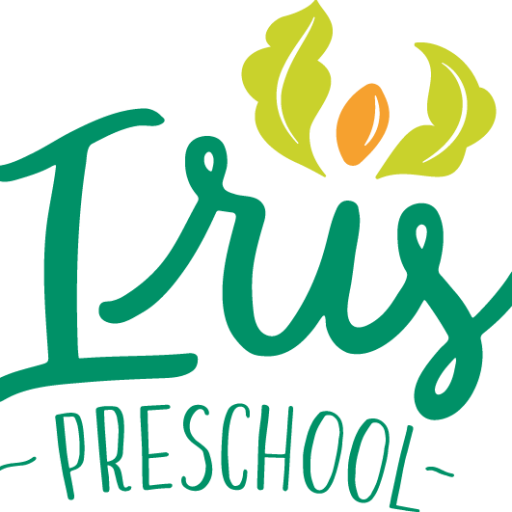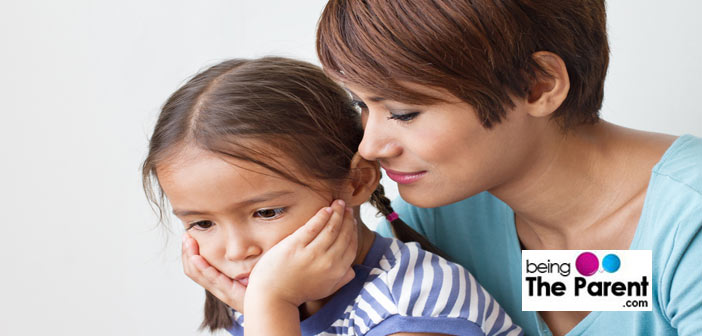𝐀𝐌𝐀𝐙𝐈𝐍𝐆 𝐒𝐔𝐌𝐌𝐄𝐑 𝐈𝐑𝐈𝐒 𝟐𝟎𝟐𝟓 CHƯƠNG TRÌNH HỌC TẬP VUI CHƠI VỚI CHỦ ĐỀ ‘NƯỚC’ – HOẠT ĐỘNG CẮM TRẠI HÈ Trại hè 2025 tại Iris là cơ hội cho các con vui học tiếng Anh mỗi ngày với giáo viên bản ngữ, các bé được thể hiện tài năng tiềm ẩn, khám phá và phát
Why Is Learning To Say “Sorry” Important?
Saying sorry is also more than just a social gesture. It helps your child identify right from wrong, take responsibility for his wrongs, amend his mistakes, clear the air and heal a relationship. In the heat of the moment you might have made your child squeak an I am sorry”, but this is just to make you feel better, without your child learning anything about it. “Sorry” is not a standby simple solution, but you need to make your child understand how his misbehavior has affected someone else. You might be pushing and forcing your kids to say sorry, but making kids understand the implications of something that is causing hurt to others is far more important. As adults, many at times, we have either found it difficult to apologize due to our ego or felt hurt when we were not apologized to for something hurtful done to us. For raising an adult who is responsible enough to accept his mistakes and say sorry, practice the following eight tips with your child.
Teach Your Kids To Say Sorry In 8 Easy Steps
- Teach your child when to apologize: It is difficult to teach a small kid what is always wrong and right. But it is also essential that you start making them aware of these two concepts early on. Start by pointing out when they err that an apology is in order. To help them understand their mistakes, encourage your child to empathize – ask them how they would feel if something similar was done to them (“Would you like it if he snatched your toy?”).
- Show your child how to apologize “right”: A good apology is not muttering sorry under one’s breath. Teach your child different “components” of a good apology:
- Make eye contact
- Stand straight and keep still
- Encourage your child to put in words what he did wrong so that the listener understands that your child knows why he/she is upset – e.g. “I am sorry for snatching your toy from your hands”
- End with a promise for future behavior – “In the future I will ask your permission before taking your stuff”
- Follow up with a question to ensure that he is forgiven – “Are you ok with me now? Are we alright?”
- Use the right tone of voice. You can say “I am sorry” in different tones and help child understand when it sounds like you mean it and when it does not
- Help your child deal with his emotions: Understand why he did what he did that called for an apology. Talk to him about it. For instance ask him why he snatched the other boy’s toy. Was it because he wanted a similar toy? Was it because he was jealous? Was it because that boy had snatched his toy earlier? Whatever be the case, chances are your child will be defensive about his actions. And when you ask him to apologize despite him having told you the reason behind it, it will confuse and shame him. So make sure you take some time out and explain to him why you asked him to say sorry and why he need not be embarrassed about it. Tell him it takes courage to accept one is wrong and that you are proud of him
- Be neutral: Most parents fall on two extremities – they are either very defensive about their kid’s behavior or they are too nice, blame their child and support the other kid. Neither of these are good ideas. You might hear a lot a “he started it” or “she did it” – but be calm. Explain to them it does not matter who did it, but now that there is a problem both kids need to apologize to one another. If your child feels very bad about it afterwards (“you did not support me there mumma!”) explain to him that conflict usually happens when two people are involved, may not be equal but both contribute towards it. So it is important to apologize even if your child did not start it
- Let them say sorry in their own way: May be they do not want to say sorry right then and there. Since there is no point blurting out a meaningless sorry, it is better to give kids, especially older ones, more time to process their thoughts and calm down before deciding on apologizing. Your child can also say sorry in their own way – he might feel better about hugging the offended party, getting them a flower, or writing them a note. All these are ok and you should insist on saying sorry. What is more important is that your child understands his mistake and is willing to express his apology
- Make your child aware of the consequences of not apologizing: Despite all your cajoling and private talk, if your child still refuses to apologize for a mistake he did, then tell him that there would be consequences. Tell them that “your friend might stop playing with you and might not want to be your friend any more” or “your friends will not want to play with you”
- Walk the talk: Be a good role model for your child. If you do a mistake, do not hesitate to apologize to your child. If your child does not hear the word sorry uttered by anyone else in his house, he will never understand the true significance of it. Apologize when necessary without getting defensive
- Focus more on good behavior: Remember – the more your child becomes aware of “right” and “wrong”, the less he should have to apologize. That means that focusing on good behavior is more important than teaching them to say sorry. There is no point in apologizing if your child keeps repeating the same mistake. By laying groundwork on what is acceptable behavior and not, you are first prepping your child to identify his mistakes and amend them. Eventually he will learn how to avoid that mistake altogether so that the need to say sorry does not arise. That should be your end objective
Though it may be hard at first, slowly your child will develop a sense of responsibility and understand the implications of his behavior and actions. Empathy will develop and you will feel proud to have raised a polite child.
Source: beingtheparent.com

